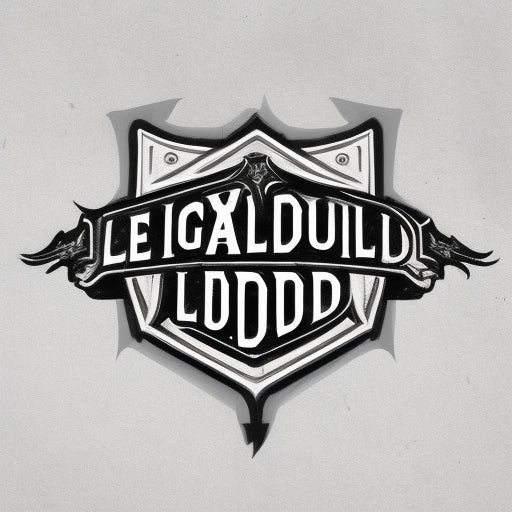
Ants standing on the shoulders of giants
Share

Charles Babbage was an English mathematician and inventor who is known for designing the "analytical engine", a mechanical computer that was never built during his lifetime. He was born on December 26, 1791, in London, and started his education at Trinity College, Cambridge in 1810.
Babbage had many interests and made significant contributions to many fields. He worked on the study of statistics, cryptography, and mechanical engineering. He invented an early form of the calculator, known as the “Difference Engine,” which was capable of performing simple mathematical operations.
His female colleague was Ada Lovelace, an English mathematician who is considered the first computer programmer. Lovelace worked with Babbage and was fascinated by his design for the Analytical Engine. She saw the potential this machine had and became the first person to recognize the potential it had for more than just mathematical calculations, as she envisioned it being able to perform tasks including writing music, and expanding onto other tasks which made it a precursor to modern computing.
Lovelace wrote a detailed explanation of how the analytical engine worked and proposed an algorithm that could be used to compute Bernoulli numbers. Her work was an important contribution to the field of computer science, even though the Analytical Engine itself was never built.
Babbage and Lovelace's work was ahead of their time, and their ideas were not realized until the 20th century. They remain significant figures in the history of computing, and their designs laid the foundation for modern computing machines.
Babbage's Analytical Engine is considered to be the first computer, and it was constructed between 1822 and 1823. However, the first computer as we know it was actually constructed by Charles Babbage in 1814. At the time, Babbage's machine was massive and incredibly complex, and it was not until nearly a century later that scientists were able to develop a more compact and practical version of the machine.
Nevertheless, it was Charles Babbage who is generally considered to be the father of the modern computer. His work on the Analytical Engine paved the way for the development of more advanced computer systems, and his machine is also thought to have been the first machine designed specifically for computing.
Sadly, Charles Babbage died before he could fully realize the potential of his machine. Nevertheless, his work played a significant role in the development of modern computing, and his legacy remains today.













